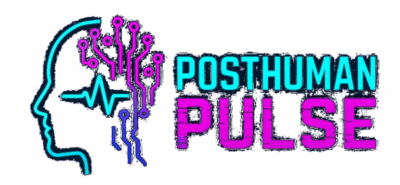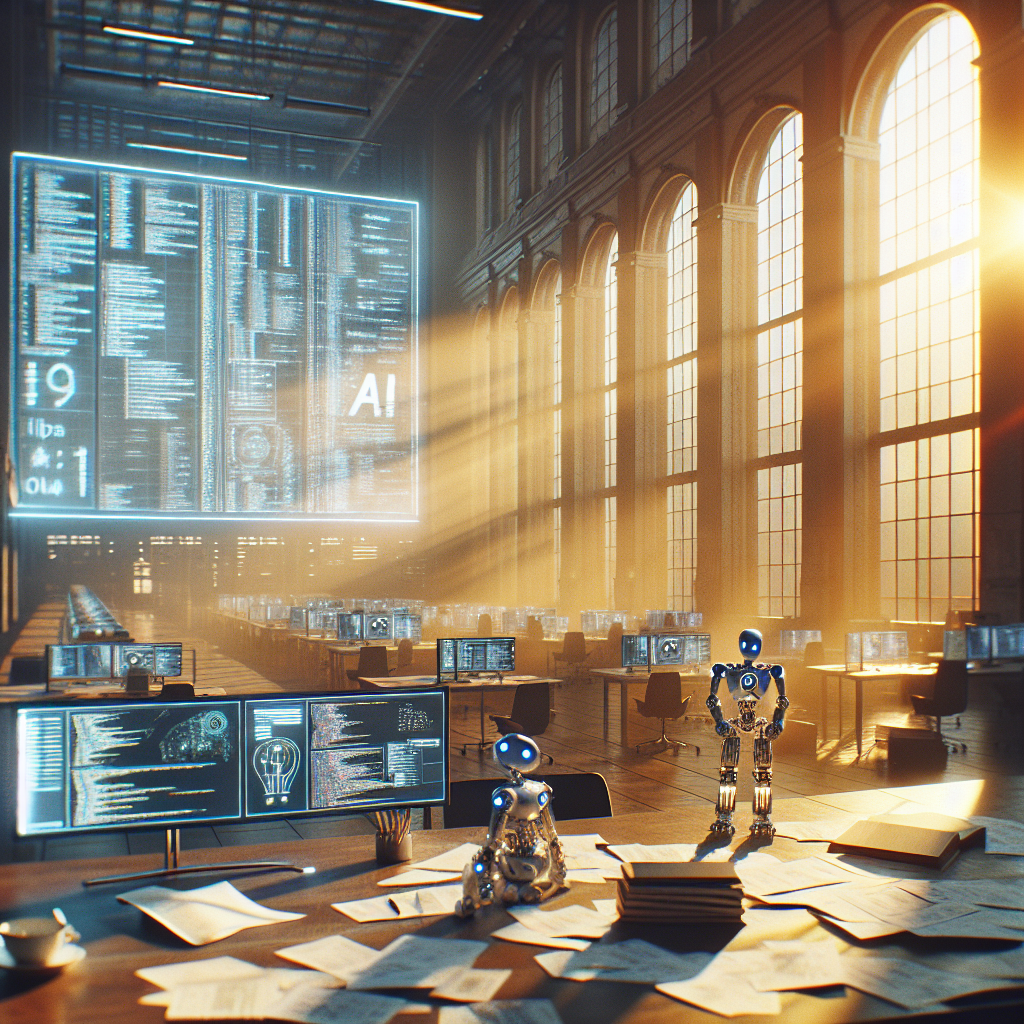Explore Google’s strategic AI advancements that are reshaping technology and offering a glimpse into the future of AI-driven solutions.
October 2024 marked a pivotal moment in technology with Google’s announcement of groundbreaking AI advancements. As CEO Sundar Pichai revealed, more than a quarter of Google’s new code is now AI-generated, a testament to the company’s commitment to innovation. This article explores how Google’s AI updates are transforming navigation, automating web tasks, and streamlining software development, promising enhanced user experiences and a future dominated by AI-driven solutions.
Revolutionizing Navigation: Google Maps’ Largest AI Update
Google’s recent AI update for Maps is its most significant yet, fundamentally changing how users navigate and explore. This update integrates advanced AI to make navigation more intuitive and efficient. According to the Google AI Blog, this enhancement allows Maps to converse with users, providing more profound insights into their journeys.
Project Jarvis: The Future of Autonomous AI Agents
Project Jarvis is Google’s leap towards autonomous AI agents capable of completing web-based tasks independently. As reported by Reuters, this project aims to automate tasks like research and shopping, reflecting a shift towards more independent AI systems. Similar initiatives by Microsoft-backed OpenAI and Anthropic underscore a growing trend in autonomous AI development.
AI-Generated Code: A New Era in Software Development
Over 25% of new code at Google is AI-generated, streamlining development processes and fostering innovation. Sundar Pichai emphasized AI’s role in code generation during Google’s third-quarter earnings call, highlighting its importance in the company’s operations. The Verge reports that this reliance on AI is a crucial milestone for Google, demonstrating its commitment to leveraging AI for efficiency and innovation.
This advancement not only accelerates development but also frees engineers to focus on more complex tasks.
Impact & Implications of Google’s AI Advancements
Google’s AI advancements are reshaping the AI landscape, influencing both industry practices and user experiences. The integration of AI across Google’s platforms signals a shift towards more efficient and autonomous systems, with potential applications spanning various sectors, from navigation to software development.
However, these innovations also pose challenges, particularly concerning user privacy and control. As AI systems become more independent, ensuring ethical and responsible use becomes paramount.
Looking ahead, Google’s developments could lead to AI playing a central role in technology and business operations. The next steps involve monitoring how these advancements are implemented and their broader implications for society.
Key Takeaways and Future Directions
Google’s strategic integration of AI is revolutionizing technology, enhancing efficiency, and paving the way for future innovations. Businesses should consider exploring AI integration to boost operational efficiency and drive innovation.
As AI continues to evolve, staying informed about its developments and implications is crucial. The promise of AI-driven solutions offers exciting opportunities, and we encourage readers to engage with these advancements and consider how they can benefit their own operations.
‘More than a quarter of all new code at Google is generated by AI, then reviewed and accepted by engineers.’ – Sundar Pichai, CEO of Google
‘Google’s AI update for Maps is its most significant yet, fundamentally changing how users navigate and explore.’ – Google AI Blog
Statistics to Highlight: ‘Over 25% of new code at Google is generated by AI.’ – The Verge
Learn More
- Google AI Blog – Read about Google’s latest AI updates and how they are transforming technology.
- Reuters – Explore the details of Project Jarvis and its implications for autonomous AI agents.
- The Verge – Discover insights into Google’s AI-generated code and its impact on software development.

